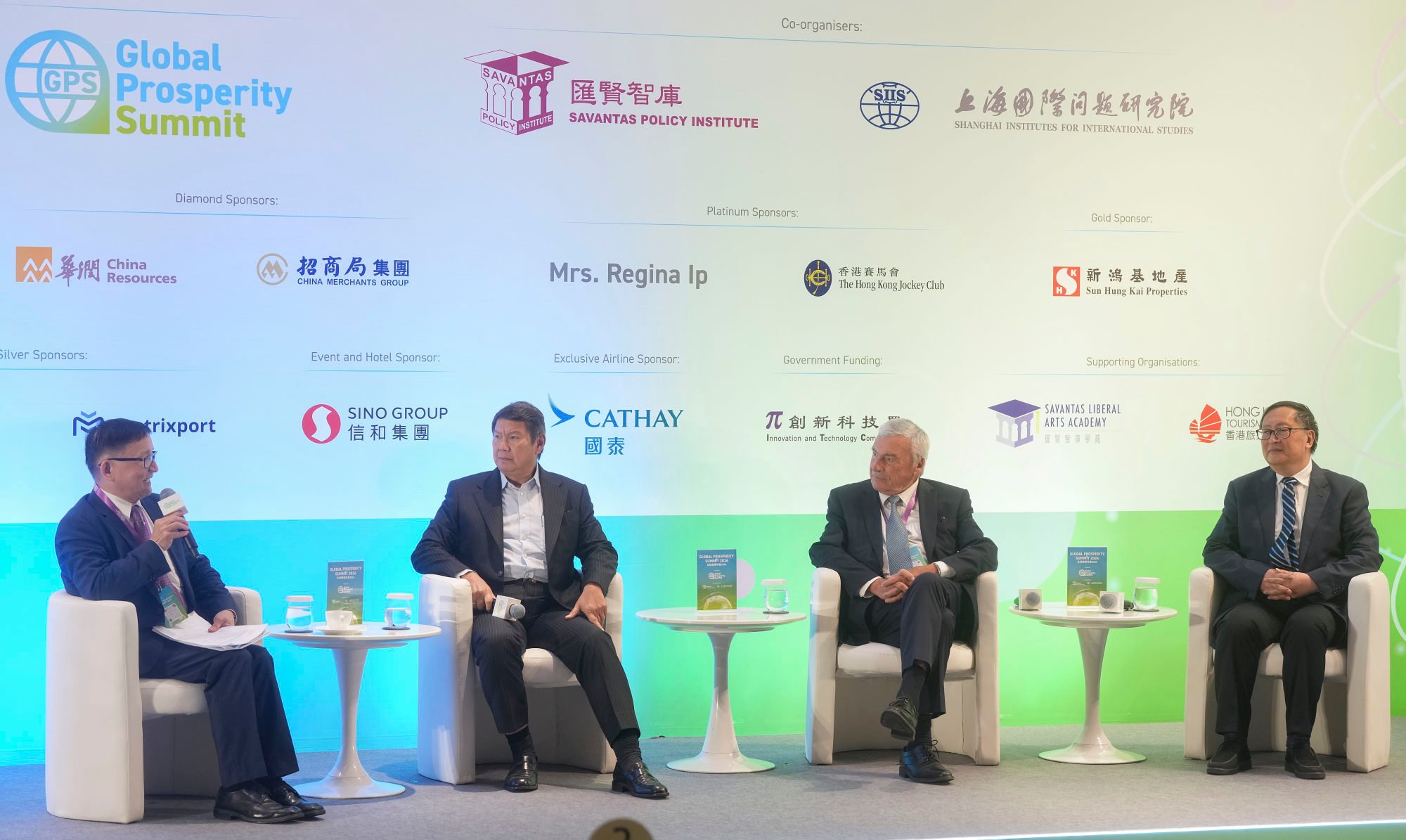Beijing ‘prepared for rainy days’ if Donald Trump is re-elected, academic says
“But … we must calculate and prepare for anything that Trump could do [differently] from his first term,” he said, adding that Beijing was “always prepared for the rainy days”.
Yang was addressing former US officials, business leaders and economists at the first Global Prosperity Summit, co-organised by the SIIS and Hong Kong think tank the Savantas Policy Institute.
In response, China’s commerce ministry said the country would take “resolute measures to safeguard its interests”.
Trump, the presumptive Republican nominee set to take on Biden in the November 5 presidential election, has also threatened to impose 60 per cent tariffs on all Chinese imports if he is re-elected.
Yang told reporters on the sidelines of the summit that “the US suppression … always unfolds gradually”.
“We have also responded to it step by step,” he said. “Compared with six years ago, China is more confident and better prepared.”

Susan Thornton, former assistant secretary of state for East Asian and Pacific affairs under Trump, said during a panel discussion that both Biden and Trump were expected to take tougher measures on China.
She said Biden had mostly continued Trump’s economic policy on China, but Trump would be more unpredictable if he secured a second term.
“The Biden administration is still very intent on managing the relationship and having it be stabilised and predictable,” Thornton said.
Trump’s former ambassador to the Organization for Security and Cooperation in Europe, James Gilmore, said earlier this month that Trump would be “supportive” of Taiwan if he was re-elected as the island had become a dangerous flash point in US-China relations.
At another panel discussion on Tuesday, Kurt Tong, former US consul general to Hong Kong and Macau, said Washington’s “small yard, high fence” policy on China was getting “bigger” with “a lot of holes”. He called for more “outcome-oriented” negotiations rather than finger-pointing.
“If you’re going to have the technology denial policy, is that clearly defined?” he said.
“If you’re suspecting the other side of making every item on the planet into a weapon, then there will be no more trade. Right? So we do need to figure out the difference between goods which can and should be traded or invested freely, and others that can be protected for national security purposes.”
Huang Ping, director of the Centre for Taiwan, Hong Kong and Macau Studies at the Chinese Academy of Social Sciences, told reporters on the sidelines of the summit that the US “should not use national security challenges as an excuse to restrict China’s scientific and technological development”.
He said the two powers should work together on global challenges such as artificial intelligence.
The US and China were expected to hold their first talks on AI in Switzerland on Tuesday.